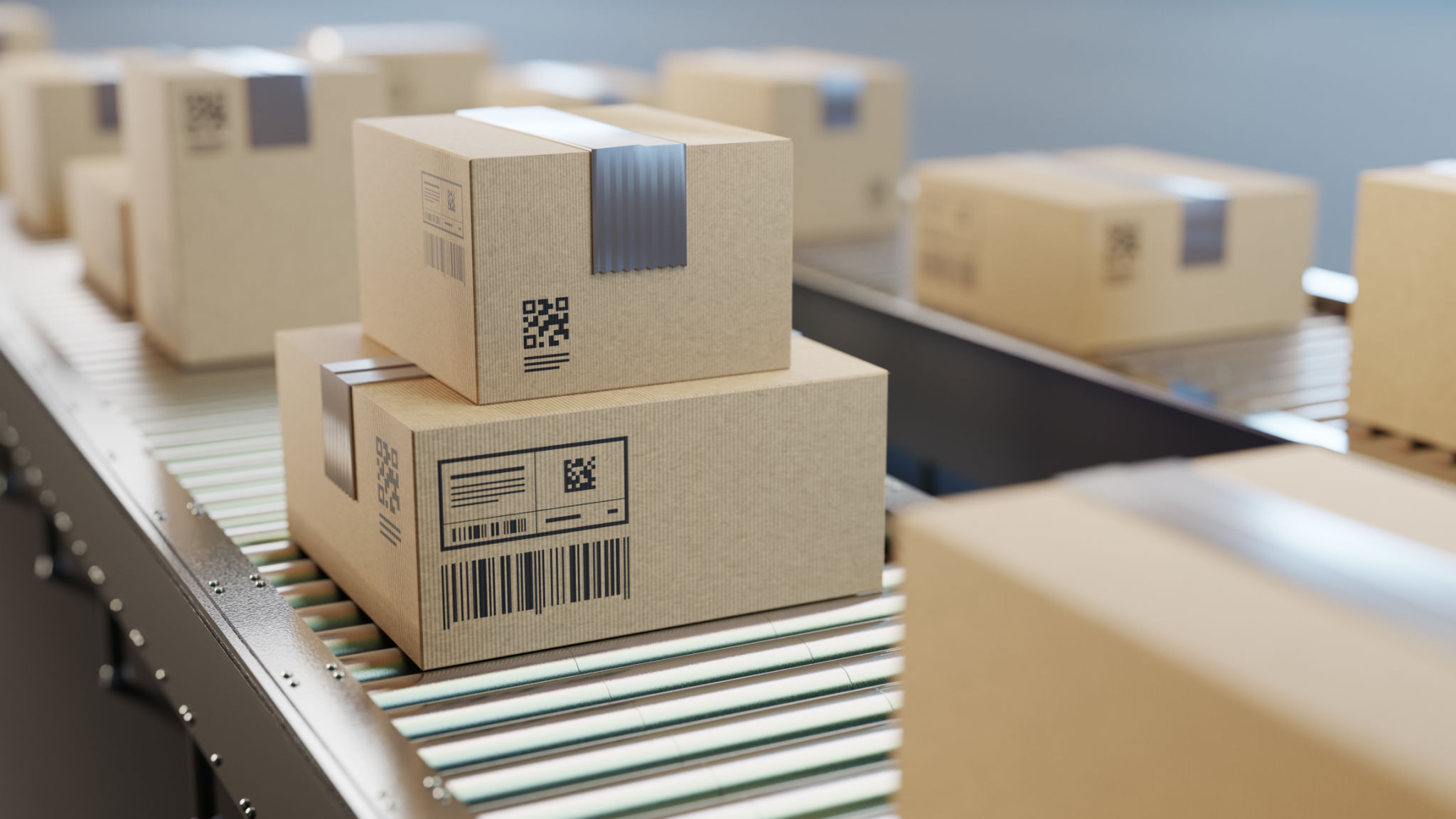DIY Logistics: When to Use Professional Services
Understanding DIY Logistics
In today's fast-paced business environment, entrepreneurs are increasingly exploring DIY logistics as a cost-effective approach to managing supply chains. By handling logistics internally, businesses can maintain greater control over operations and potentially reduce costs. However, while this approach has its benefits, there are times when calling in professional services becomes essential for maintaining efficiency and meeting customer expectations.
DIY logistics involves managing the transportation, warehousing, and distribution of products without outsourcing these responsibilities to third-party logistics providers. This strategy can be particularly advantageous for startups or small businesses looking to cut costs and streamline operations. However, it's crucial to recognize the limitations and challenges that come with taking logistics into your own hands.

Challenges of DIY Logistics
One of the main challenges of DIY logistics is the lack of expertise. Logistics involves complex processes such as inventory management, route optimization, and regulatory compliance. Without the necessary knowledge and experience, businesses might face inefficiencies that could lead to increased costs in the long run.
Additionally, managing logistics internally requires significant resources in terms of time and manpower. Small businesses, in particular, might find themselves stretched thin as they attempt to balance logistics with other core business functions. This can lead to burnout and decreased productivity among staff members.

When to Consider Professional Logistics Services
Recognizing when to transition from DIY logistics to professional services is crucial for business growth and sustainability. Here are some scenarios where outsourcing may be beneficial:
- Rapid Business Growth: As your business expands, the complexities of managing logistics increase. Professional services can offer scalable solutions to handle larger volumes efficiently.
- Specialized Requirements: Certain industries require specialized knowledge, such as handling hazardous materials or temperature-controlled goods. Professionals possess the expertise to navigate these complexities safely.
- International Shipping: If your business begins shipping internationally, understanding customs regulations and international laws is essential. Professional logistics companies have the experience to manage these intricacies smoothly.
Advantages of Professional Logistics Services
Professional logistics services provide businesses with numerous advantages that can significantly enhance operational efficiency. These services offer access to advanced technology and analytics tools that can optimize supply chain processes, from tracking shipments in real-time to forecasting demand more accurately.

Moreover, leveraging professional networks allows businesses to benefit from established relationships with carriers and suppliers. This can lead to better rates, faster shipping times, and a more reliable supply chain overall. Additionally, outsourcing logistics can free up internal resources, allowing your team to focus on core business activities that drive growth.
Striking the Right Balance
The key to successful logistics management lies in striking the right balance between DIY efforts and professional services. Businesses should regularly evaluate their logistics processes and identify areas where external expertise could provide value. This might involve outsourcing specific tasks while retaining control over others.
Ultimately, a hybrid approach can offer the best of both worlds: maintaining control over certain aspects of logistics while leveraging professional services for their expertise and resources. By taking a strategic approach, businesses can ensure their supply chain is both efficient and adaptable to changing market demands.